The developer of VK9 [Github], the project that aims to implement d3d9 over Vulkan emailed, in to let me know they have hit another milestone.
From the blog post:
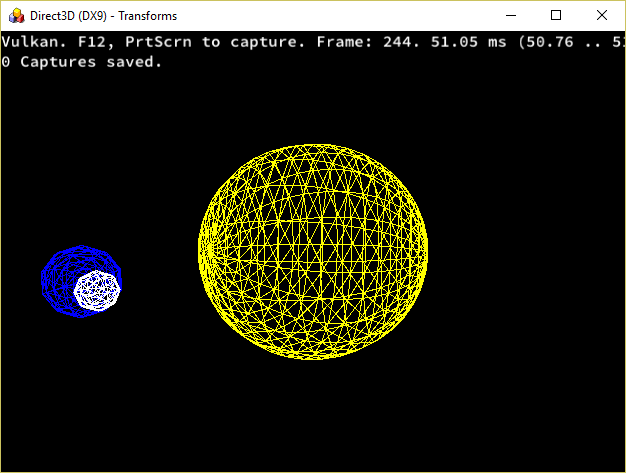
I'm still not entirely sure why they're doing it, but hopefully someone will find it useful.
From the blog post:
QuoteVK9 has reached it's 6th milestone today. On the surface this seemed like a simple enough milestone but it required handling multiple UBO per renderpass and some other elements that required some new supporting features to be added to the project. In addition there were some minor bugs which were discovered and patched while working toward this milestone. A binary release for the milestone is available on github and as always the code is committed and available for those who are interested.

I'm still not entirely sure why they're doing it, but hopefully someone will find it useful.
Some you may have missed, popular articles from the last month:
All posts need to follow our rules. Please hit the Report Flag icon on any post that breaks the rules or contains illegal / harmful content. Readers can also email us for any issues or concerns.
It might be useful in the future as a way to support legacy games on new hardware without D3D9 support (not going to happen soon, but one day…, and this project will free driver devs from it to focus on just Vulkan), and as a way to port DX9 games for other platforms (think Android). At least that’s what comes to my mind.
Also, Linux users with Vulkan-compatible hardware will be able to use it with Wine instead of its translation layer into OpenGL (which, I believe, might be beneficial: translation layer from a high-level API into low-level one should be cleaner and faster than from a high-level API into totally different high-level one).
Also, Linux users with Vulkan-compatible hardware will be able to use it with Wine instead of its translation layer into OpenGL (which, I believe, might be beneficial: translation layer from a high-level API into low-level one should be cleaner and faster than from a high-level API into totally different high-level one).
8 Likes
A lot of Linux games use a translation layer, whether it's with ToGL, IndirectX or eOn. On top of that there is also Gallium9 that does the same for Wine.
So a translation layer that does the same with Vulkan? I'm already sold!
Hope this lib can go from a little open source project from one developer to something big, used in the Linux gaming industry!
Last edited by strycore on 19 Dec 2016 at 12:51 am UTC
So a translation layer that does the same with Vulkan? I'm already sold!
Hope this lib can go from a little open source project from one developer to something big, used in the Linux gaming industry!
Last edited by strycore on 19 Dec 2016 at 12:51 am UTC
2 Likes
While I still think DX11 would be a lot more useful, I wonder if this would be a good fit to replace ToGL in CSGO.
0 Likes
Possibly he must complete DX9 before adding in the additions of DX10 and DX11 features later on.
0 Likes
It looks like it will take a while, but it is a great step forward for easier legacy games porting and support on all platforms.
0 Likes
Could this lead to more ports of old/legacy games and, eventually, a discontinuation/lose purpose of Wine for games?
0 Likes
A very important question is: Can this bring the DirectX9 API to Linux? If yes, it can decrease the cost of a port a lot, and at the same time work better than the now proprietary DirectX to OpenGL translation layers.
If not, it could still be usefull as a component in Wine, which has the potential to become better than the current DirectX to OpenGL in Wine, so still interresting, but as Wine is Windows gaming and not Linux gaming, makes it a lot less attractice.
If not, it could still be usefull as a component in Wine, which has the potential to become better than the current DirectX to OpenGL in Wine, so still interresting, but as Wine is Windows gaming and not Linux gaming, makes it a lot less attractice.
0 Likes
This would allow similar (if not, better) benefits to Gallium 9+Wine, but would work across graphics hardware vendors/drivers, as opposed to being exclusive to the Mesa-based Nouveau and Radeon drivers.
0 Likes
Quoting: ArehandoroCould this lead to more ports of old/legacy games and, eventually, a discontinuation/lose purpose of Wine for games?its designed as a windows dll which can be run with wine, which would allow programs running in wine to use that dll and send the vulkan translations to wine
basically its doing what wine does for dx9->ogl, except it works with wine and without having to recreate wine from the ground up since wine has native vulkan support, the dll would do the dx9->vk translations and wine would just read the translations instead of doing the translations itself. and because its in vulkan and not ogl it would ideally give better performance.
if anything it would be a neat add in for wine or even eventual part of wine like wine-staging's csmt
Last edited by GloriousEggroll on 12 May 2017 at 4:49 pm UTC
1 Likes
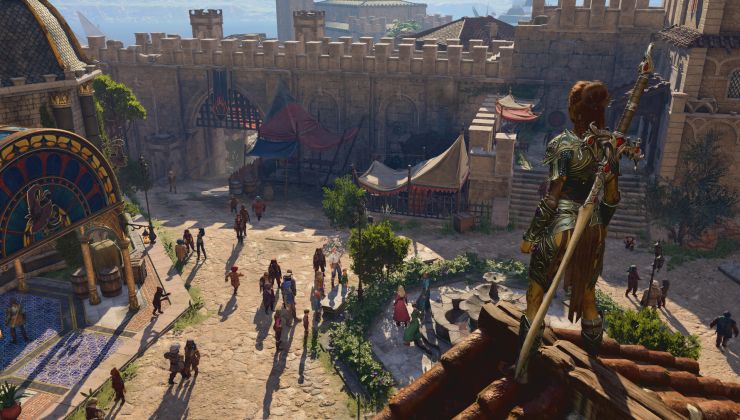
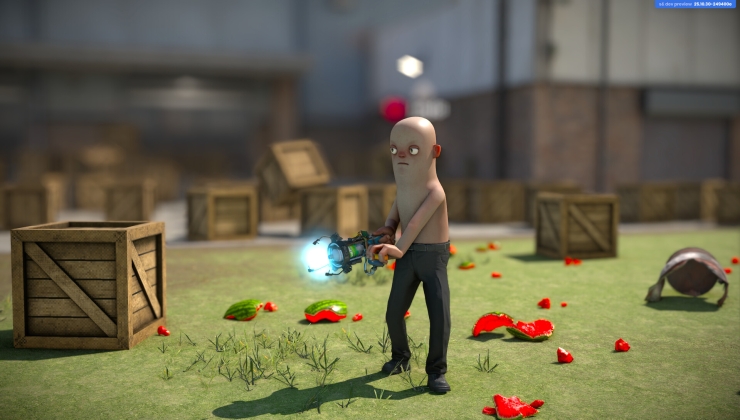
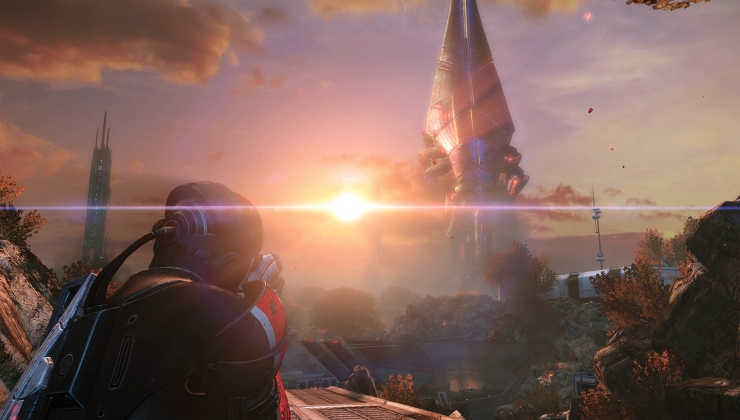
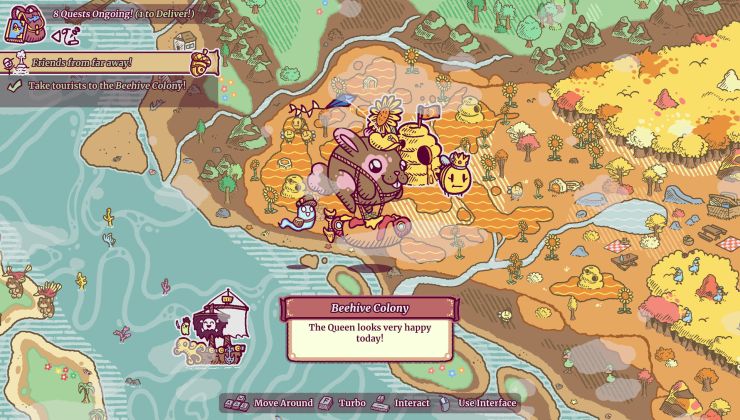







 How to setup OpenMW for modern Morrowind on Linux / SteamOS and Steam Deck
How to setup OpenMW for modern Morrowind on Linux / SteamOS and Steam Deck How to install Hollow Knight: Silksong mods on Linux, SteamOS and Steam Deck
How to install Hollow Knight: Silksong mods on Linux, SteamOS and Steam Deck